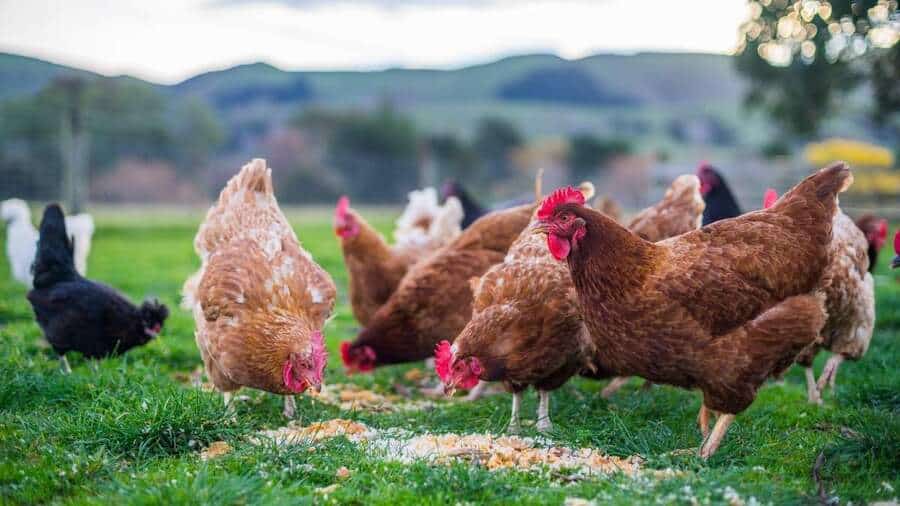A healthy diet is one of the crucial things to consider when raising chickens. Feeding them is pretty straightforward.
However, it’s best to provide them with certain types of food to prevent illnesses. So, what can chickens not eat? This article gives you a breakdown of all the food that you can’t give your birds.
What Vegetables are not Good for Chickens?
Generally, vegetables are an excellent source of nutrition. However, some vegetables contain substances that can be harmful, specifically to chickens. Check out this list before heading to the farmer’s market for your chicken’s dietary needs.
Raw Dried Beans
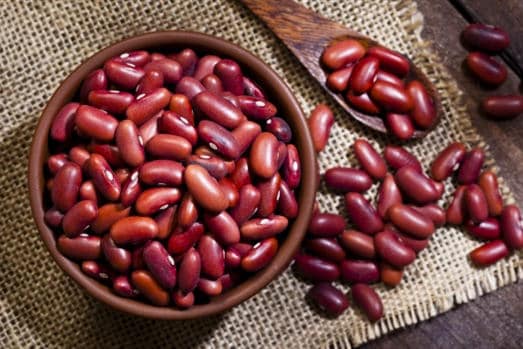
One of the most toxic vegetables to chickens is raw dried beans. It contains a natural insecticide called phytohemagglutinin, that’s harmful to animals and humans.
If you’re after the protein from beans, it’s best to cook them before giving them to your pets. Canned or frozen beans are also safe for them.
Onions
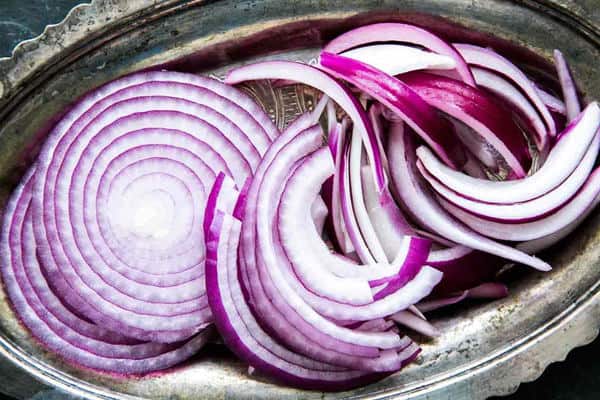
Onions are a common ingredient in many dishes due to their flavor. In the case of chicken feed, it’s not recommended. It contains thiosulphate, a toxin that can damage red blood cells.
Too many onions can cause anemia, jaundice, or even death in your poultry. Some chicken owners claim that onions can adversely affect the taste of chicken eggs.
White Potatoes
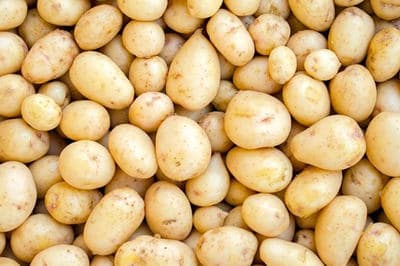
Raw or cooked white potatoes are not suitable for chickens. The potato plant, including the stems and leaves, also harms your birds.
As part of the nightshade family, they contain a toxic substance called solanine. It can cause severe diarrhea and destroy red blood cells. The solanine levels won’t go down even if you cook the potato. It’s best to stay away from them.
Tomatoes
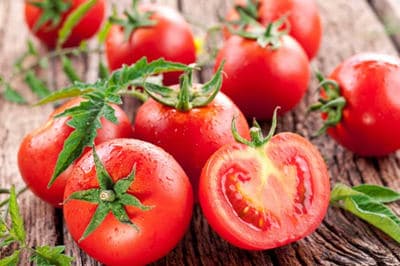
Tomato, eggplant, and pepper plants are parts of the nightshade family. They also contain the toxic chemical solanine.
Immature eggplants and green tomatoes are especially harmful. However, if you wish to feed them these vegetables, ensure they have already ripened.
Mushrooms
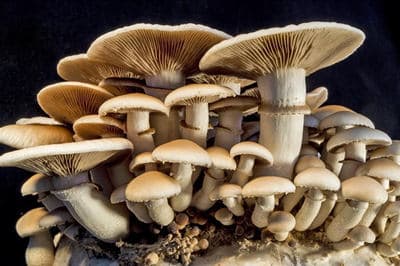
Many mushrooms available in the market today are safe for humans and chickens. You should avoid feeding your pets wild mushrooms that grow in forests and lawns.
They can be highly toxic and can lead to severe illnesses. Letting the chickens roam around where wild mushrooms grow is not advisable.
Summary of Vegetables Chickens Can’t Have and Their Effects
This table provides a summary of vegetables to avoid and their harmful effects.
| Vegetable | Effect |
| Raw Dried Beans | Liver changes, pancreatic issues, and death |
| Onions | Red blood cell damage |
| White Potatoes | Diarrhea and respiratory issues |
| Tomatoes | Skull, eye, and beak deformity in chicken embryos |
| Mushrooms | Neurological problems and kidney failure |
This video dives more into foods not recommended for chickens.
What Fruits Should Chickens Not Eat?
Avocado
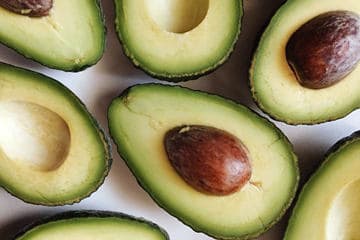
Avocados contain a toxic substance called persin. Most mammals and birds can suffer from myocardial necrosis when they ingest avocados. You should avoid giving your chickens the pits, skin, and flesh of this fruit.
The avocado leaves have the highest toxicity, leading to toxicosis in most animals. When your chickens ingest even a fraction of the fruit, they can die within 48 hours. So, don’t let your animals get near any avocados.
Apple Seeds
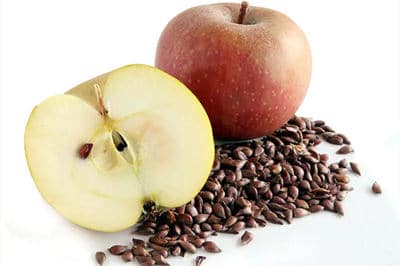
Apple seeds contain amygdalin, a plant compound that works as its defense. It does not have a toxic effect when the seeds are intact.
However, they release a harmful chemical called hydrogen cyanide when chewed or processed. This substance is highly toxic, especially in large amounts.
Cyanide is known to be a poisonous chemical to humans and animals. It disrupts the oxygen supply of cells. It is why you should not give a whole apple for the chickens to peck. Discard the seeds if you want your birds to enjoy the nutritional benefits of apples.
Stone Fruit Pits
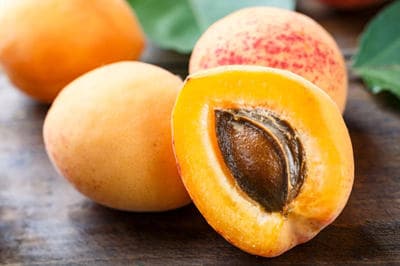
Stone fruits are fruits with a pit or “stone” encased within the flesh. Some examples are apricots, peaches, nectarines, and pears. Like apples, these fruits have highly toxic seeds.
They also contain high levels of amygdalin which changes into cyanide when crushed. So please keep the seeds of these fruits away from your chickens. Discard the seeds properly so they won’t be able to eat them.
Rhubarb
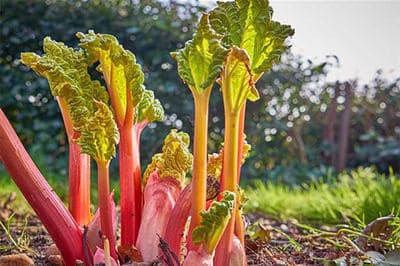
Rhubarbs make great pies, but their leavees can harm your chickens. They contain toxic chemicals that are bad for animals and humans due to their high oxalic acid content.
Chickens who ingest these leaves can have soft-shelled eggs. So, it’s best to avoid this plant altogether.
Here is a video of what a soft-shelled chicken egg looks like.
Citrus Fruits
Citrus fruits such as lemons, oranges, and mandarins contain Vitamin C. While they’re good for humans, they’re not recommended for chickens.
These sour fruits may cause feather plucking or excessive preening. They can also make calcium absorption more difficult for the chickens.
Summary of Fruits Chickens Can’t Eat and Their Effects
This table summarizes the fruits to avoid giving to your chickens and their harmful effects.
| Fruit | Effect |
| Avocado | Trouble perching, poisoning, and respiratory illness |
| Apple Seeds | Gastrointestinal distress, heart issues, seizures |
| Stone fruit pits | Respiratory diseases, GI distress, and seizures |
| Rhubarb | Acute renal failure, urinary stones, vomiting |
| Citrus Fruits | Feather plucking and excessive preening |
What Snacks, Drinks, and Other Food are Toxic to Chickens?
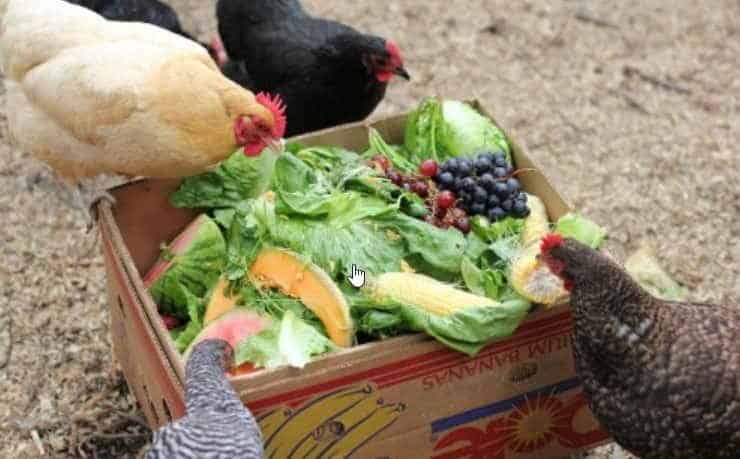
It can be tempting to give our favorite snacks to our pets. However, these kinds of food are often too sweet or salty. So they’re not suitable for your chickens. The following are typical snacks and kitchen mainstays that are harmful to poultry.
Chocolate
It’s common knowledge that chocolates are harmful to dogs and cats. Did you know they are also toxic to birds? This dessert has caffeine and theobromine. It can cause diarrhea, vomiting, excitability, and lung congestion in chickens.
Additionally, It can cause heart disease and even death. It’s also crucial to note that darker chocolates have more theobromine, making them more toxic to animals.
Junk Food
Junk food like french fries, potato chips, and hotdogs is too salty and oily. If these are not good for humans, they’re not good for your bird either.
These unhealthy treats can cause obesity and general health issues. You should also avoid giving sweet treats like pastries and candies. Too much sugar can cause serious diseases.
Alcohol
Although this can be obvious, it’s an important reminder not to give alcohol to yo r birds. Chickens who ingest ethanol can suffer from gastrointestinal upset, immune system issues, and brain damage. It’s crucial to store your alcohol correctly to prevent accidental ingestion.
Kitchen Scraps
Some households give their pets kitchen scraps such as leftover food and peelings. However, it is not an ideal practice.
They might contain toxic elements such as seeds and fruit skins that can harm your chickens. The birds might need help to digest human food properly. So, it’s best to discard kitchen scraps in the compost area.
Moldy Food
Moldy or rotten food may contain my toxins. They can cause varied health problems and can even kill your chickens.
If your chickens eat food with molds, they can suffer from mouth ulcers, pale combs, weakness, and anemia. Remember to discard moldy food properly, so the chickens avoid accidentally eating it.
What Happens When Chickens Eat Inappropriate Food?
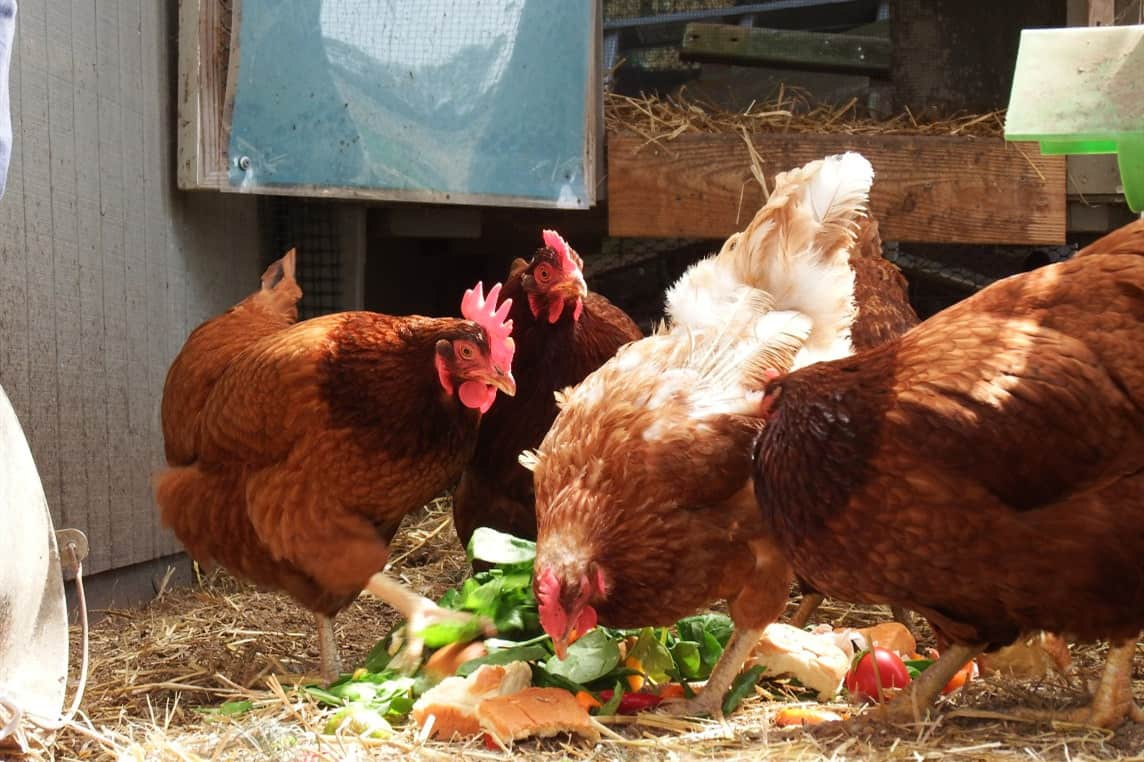
Some types of food may be safe for humans but can be hazardous to chickens. As chicken owners, we must know what our pets can or ca not eat.
Aside from the health issue mentioned above, there are other health issues related to giving them inappropriate food.
What is food toxicity?
Eating food containing toxins can be harmful to chickens. They can cause the following symptoms.
- Visceral gout
- Hemorrhage
- Diarrhea
- Kidney failure
- Convulsions
- Rapid heartbeat
- Internal congestion
- Poor egg quality
- Low egg production
The severity of these symptoms can vary for every chicken. It will depend on the bird’s condition, size, age, and overall health status.
The frequency and amount of food also dictate the damage it can do to your poultry. It’s also important to note that toxic food can lessen your chicken’s life quality and shorten its lifespan.
How can you feed chickens safely?
Most expert growers recommend following the 90-10 rule. A chicken’s diet should comprise 90% complete feed and 10% chicken treats.
Professionally made meals contain the right formula of nutrients. They offer a complete and balanced diet that allows poultry to thrive.
On the other hand, it’s best to limit giving treats to 10% of their overall diet. You may provide grass, weeds, and other appropriate fruits and vegetables. Your chickens will enjoy nibbling on them occasionally.
What can chickens eat?
Aside from store-bought chicken feeds, you may give your chickens safe and healthy treats. Give them in moderation so they’ll stay healthy.
- Herbs: mint, oregano, cilantro, parsley, thyme, and basil
- Vegetables: beets, lettuce, carrots, kale, broccoli, squash, pumpkins, and cucumbers
- Fruits: strawberries, blueberries, and watermelon
Please watch this video to learn more about the best treat you can give your poultry.
Conclusion
Your chicken’s nutrition is the most critical aspect of caring for them. Owners must know what’s best for them. So, what can chickens not eat? Some fruits and vegetables are not suitable for them.
You should also avoid giving them junk food, chocolate, and kitchen scraps. The key is to provide them with specially formulated feeds and appropriate treats.

Joseph Hudson has been raising chickens for over 15 years. In 2018, he completed the Agriculture & Natural Resources program at Mt. San Antonio College. He currently raises over 1400 chickens on his 7.5-hectare farm. He keeps sharing his experience on raising healthy and happy chickens on Chicken Scratch The Foundry.
